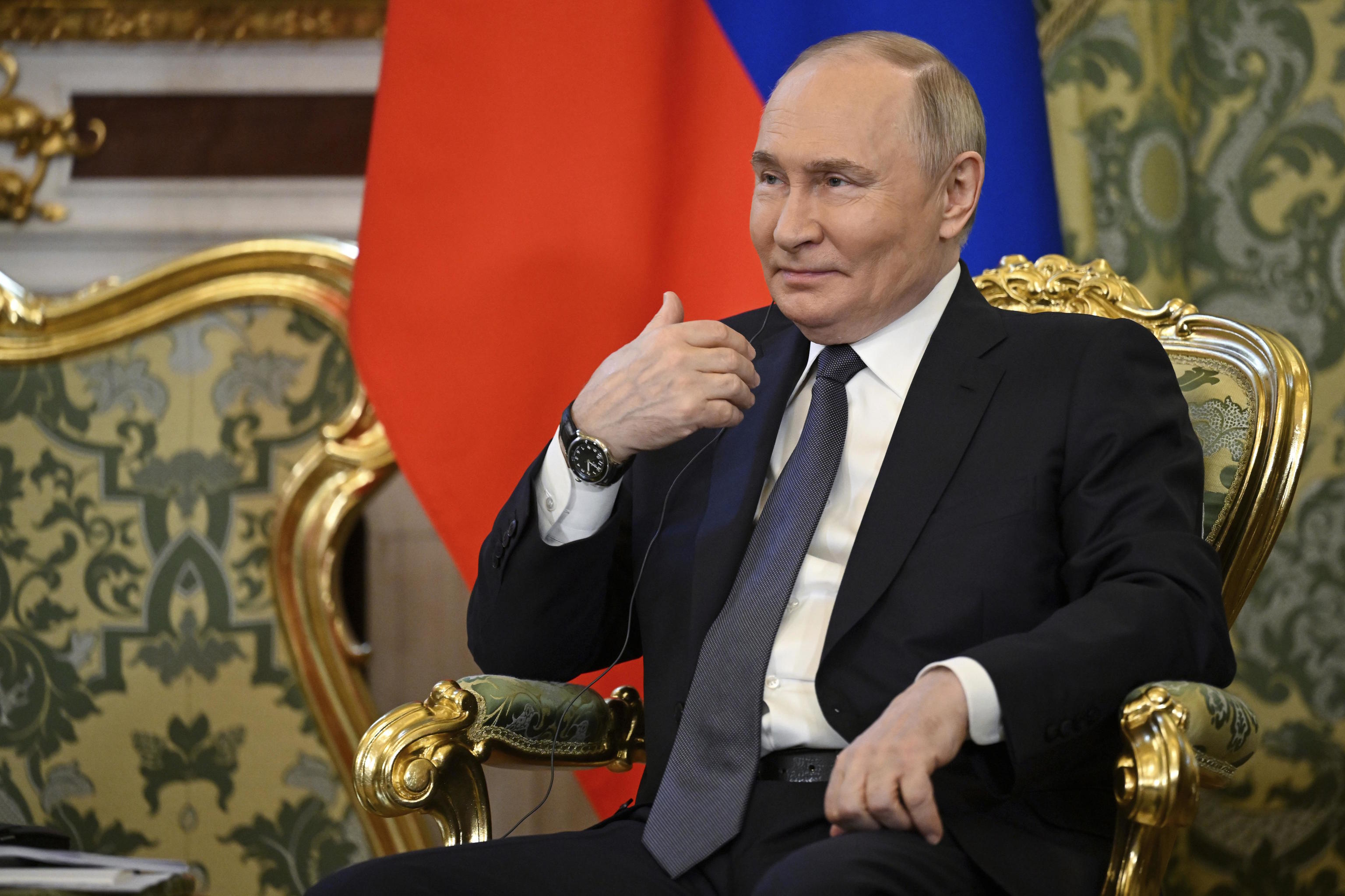Brussels defined its 17th package of sanctions against Russia this Wednesday, a set of actions that may have fallen somewhat short of expectations given Moscow's behavior. In addition to these measures, the EU also indicates that it is advancing in more punitive actions in case Vladimir Putin does not accept the ceasefire, something that currently seems very likely or, at least, is a scenario considered probable in the European capital.
Furthermore, the French Foreign Minister, Jean-Noël Barrot, has stated that he is also working with US Senator Lindsey Graham on "massive sanctions" against the Kremlin, including 500% tariffs on Russian oil and tariffs on countries that purchase that oil. Therefore, looking at the full picture, the initial impression changes significantly, and the pressure on Putin appears to be significant and increasing.
In the specific case of the actions agreed upon today, which must be ratified by national parliaments, the punishment of Russia's so-called "ghost fleet" stands out. These are vessels that, under the flag of third countries or unregistered and on obsolete ships, actually transport Russian products subject to sanctions. A very clear example: oil.
To prevent Russia from continuing to have a significant income in this way, the EU ambassadors have agreed to sanction a total of 200 vessels and thus continue to financially suffocate Moscow. Since the start of the war, the number of these types of ships has increased significantly, and according to estimates from Kiev, the total number could exceed 400 vessels.
Additionally, sanctions will be applied against 30 companies for their involvement in the invasion of Ukraine as facilitators of dual-use materials that can be used for military purposes, and individual fines against individuals for these same acts. Also on the list are 20 judges and prosecutors involved in the cases of opposition figure Alexei Navalny and journalist Vladimir Kara Murza.
"In addition to traditional sanctions [sectoral and individual], we are expanding and more actively using other types of sanctions to hit Russia where we perceive threats or attempts to circumvent existing measures," emphasize from the Commission.
The CJEU rules against Von der Leyen's Commission for concealing text messages with Pfizer's CEO
The General Court of the European Union has annulled on Thursday the decision of the European Commission to deny a journalist access to the content of text messages exchanged during the negotiation of contracts for the purchase of coronavirus vaccines between the head of the European Commission, Ursula von der Leyen, and Pfizer's CEO, Albert Bourla.
The judgment, which can be appealed, establishes that the EU services did not provide a plausible explanation to justify that they did not have the requested documents and therefore denied access to the information requested by 'The New York Times' journalist Martina Stevi, reports Europa Press.
